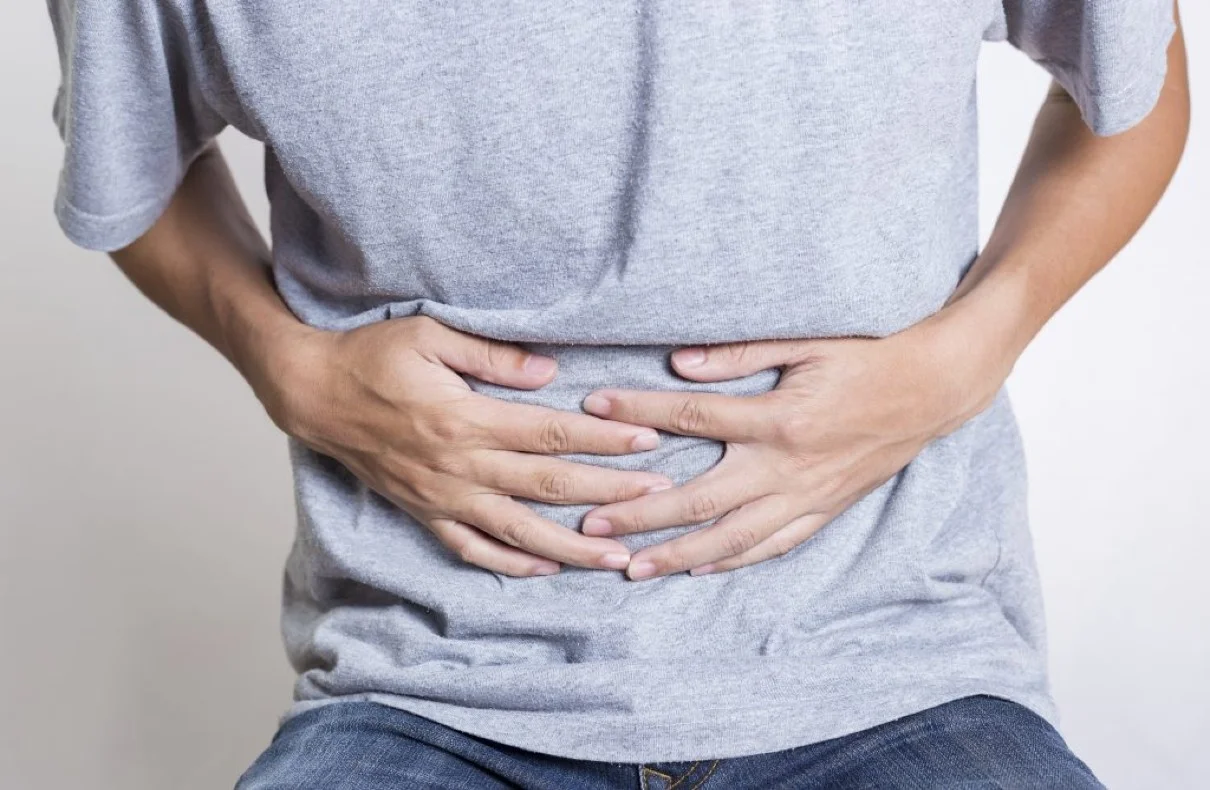
Norovirus, a highly contagious stomach bug, is currently circulating in the Northeast region of the United States, causing widespread concern. The virus, known for its rapid transmission and unpleasant symptoms, has been particularly prevalent in areas like Philadelphia, Pennsylvania, New Jersey, and Delaware. As the number of cases continues to rise, it is crucial to understand the symptoms, prevention methods, and treatment options associated with this stomach bug.
Norovirus is a gastrointestinal bug that affects millions of Americans each year, leading to uncomfortable symptoms such as vomiting, diarrhea, nausea, and stomach pain. According to the Centers for Disease Control and Prevention (CDC), the Northeast region currently has the highest positivity rate for norovirus in the country. This alarming trend has caught the attention of healthcare professionals and local communities.
In South Jersey, families like the Joyners have experienced the impact of this contagious stomach bug firsthand. Jacob Joyner, a father of two young children, mentioned that his 2-year-old son and many children at his daycare have been dealing with stomach issues. The rapid spread of the virus within communities has raised concerns about its transmissibility.
Weight Loss Drug Reduces Blood Pressure Levels: A Breakthrough Study
Norovirus is notoriously contagious, capable of spreading easily from person to person. It can be transmitted through direct contact with an infected individual, ingestion of contaminated food or water, or touching surfaces contaminated with the virus and subsequently touching the mouth. Furthermore, the virus can also be airborne, making it possible to inhale and become infected. This high degree of transmissibility emphasizes the importance of taking preventive measures to contain the spread.
Recognizing the symptoms of norovirus is crucial for early detection and appropriate management. Common symptoms include diarrhea, vomiting, nausea, and stomach pain. While many people can manage these symptoms at home, it is essential to monitor for signs of dehydration, especially in vulnerable populations such as the elderly and young children. Fatigue, lethargy, and an inability to keep fluids down may indicate severe dehydration and warrant a visit to the emergency room for evaluation.
Prevention plays a significant role in controlling the spread of norovirus. Implementing good hygiene practices can significantly reduce the risk of infection. Here are some preventive measures recommended by healthcare professionals:
- Frequent Handwashing: Washing hands with soap and water is the most effective way to eliminate norovirus particles and prevent transmission. It is important to wash hands thoroughly for at least 20 seconds, paying attention to all surfaces, including fingertips and under nails.
- Rinsing Fruits and Vegetables: Properly rinsing fresh produce with clean water can help remove any potential norovirus contamination. This step is particularly important when consuming raw fruits and vegetables.
- Thoroughly Cook Shellfish: Heat treatment, such as cooking shellfish at high temperatures, can destroy norovirus particles. Proper cooking techniques should be employed to ensure the elimination of any potential contamination.
- Staying Home and Avoiding Food Preparation: Individuals who are sick with norovirus should refrain from preparing food for others until at least two days after symptoms have subsided. This precaution helps prevent the spread of the virus to others.
Alzheimer’s Blood Test That Can Detect the Disease Before Symptoms
Currently, there is no specific antiviral treatment for norovirus. The focus of treatment is on managing the symptoms and preventing dehydration. It is vital to drink plenty of liquids to replace fluids lost through vomiting and diarrhea. Oral rehydration solutions or electrolyte drinks can help restore the body’s electrolyte balance and prevent dehydration. Antibiotics are not effective against norovirus infections as they are designed to combat bacterial, not viral, infections.
Dehydration is a significant concern for individuals infected with norovirus, particularly for the elderly and young children. Monitoring fluid intake and recognizing signs of dehydration is crucial. If an individual is unable to keep fluids down, experiences extreme fatigue, or exhibits a notable change in energy levels, seeking medical attention is necessary. Prompt treatment can help prevent complications associated with severe dehydration.
